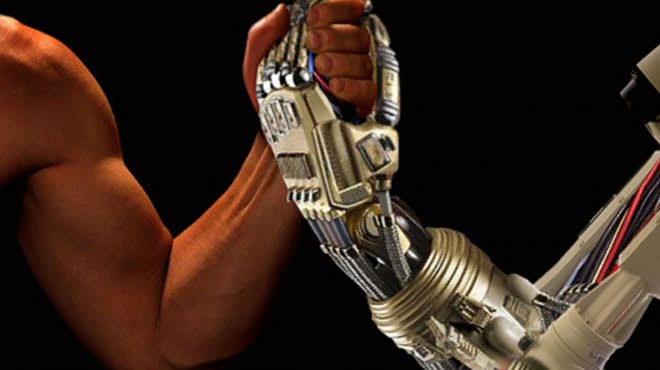2018 was most definitely the year in which AI and Machine Learning (ML) took the lion’s share of technology media headlines. Like social media, virtual reality, drones, and cloud services before them, the impending doom of AI robots taking our jobs drew conference audiences, filled social feeds and consumed traditional media channels.
But, in a recent seminar in Johannesburg, David Park, actuarial consultant at Emerge, proposed a more fact-based view, “There are some jobs which AI and ML do better than humans and some jobs, at the moment, which humans do better.”
Neil Rankin of Predictive Insights explains, “Identifying regular trends is difficult for humans, particularly if there are lots of overlapping patterns. What this means is that people see patterns where there are none and fail to see those that are there. This means that, for things like staffing and stocking, there are unnecessary inefficiencies that can be solved through data. In addition, some employees are often asked to do things they are not very good at, like analytics, when they were hired to manage a team and interacting with customers. It’s surprising how many resources, energy and time can be misdirected to meet an objective.”
To prove this, Predictive Insights, a subsidiary of the Alphawave Group, decided to pitch (hu)man versus machine for one of their clients, Hungry Lion, a quick-service restaurant chain with almost 200 branches in a number of African countries. Using a demand forecasting tool from Predictive Insights’ suite of machine learning and econometric models, they used the client’s store-level sales data, as well as external data pertinent to their industry – such as weather, local economic conditions or days of the week – to more accurately predict sales per day at an individual store level. This then compared the model’s accuracy to the predictions made by experienced branch managers with surprising results.
An early version of demand forecasting models predicted sales within 20% of actual sales on more than three-quarters of individual store-days, whereas less than half of branch managers were able to reach the same benchmark. The employees in the competition couldn’t beat the machine when the target was within 50% of actual sales – only 87% of branch managers reached this level of accuracy whilst the machine bettered it every time.
The machine’s accuracy, with the right tuning from Predictive Insights’ experts, also improved with time, as it started to learn more about the patterns in the data. The model now routinely predicts over 80% of stores within 20% of actual sales.
“Feedback from branch managers showed that they also liked the tool – instead of expending their time and cognitive energy on forecasting fortnightly sales, they were able to focus on ensuring each store ran smoothly, using the expertise they were originally hired for” Rankin explains.
“Most importantly this impacts the bottom line. We were able to increase staff efficiencies to the extent that it will equate to R2.6 million in the year.”
At the same time, the sales forecasts per store, per time period, over the short-term (usually a 14-day period) had a direct impact on preparing food, ordering stock and changing prices too. “Less waste, less waiting time, more availability, and happy customers,” he adds.
Rankin echoes Park’s words that AI and Machine Learning can do great things for humans, and that humans can also do jobs better than AI. “The actual reality is that when human insight and experience lay a robust, intelligent foundation for the technology, apply the strategic findings in iterative loops, that’s when the investment delivers a financial return. The reality is that humans AI and will work best when they work together.”
